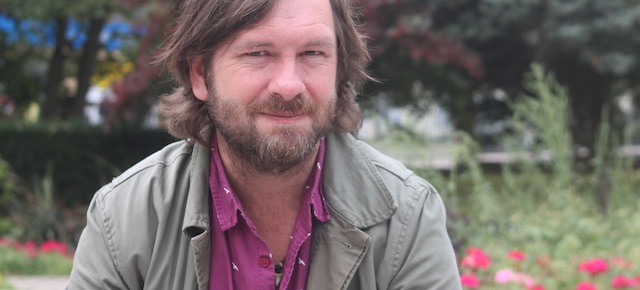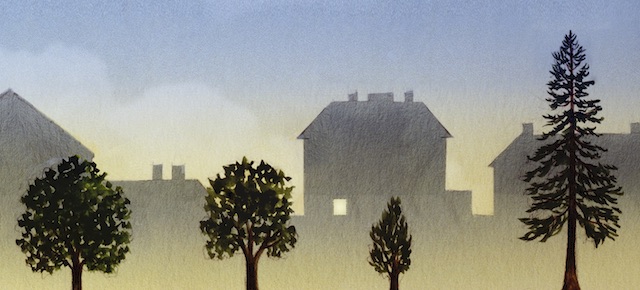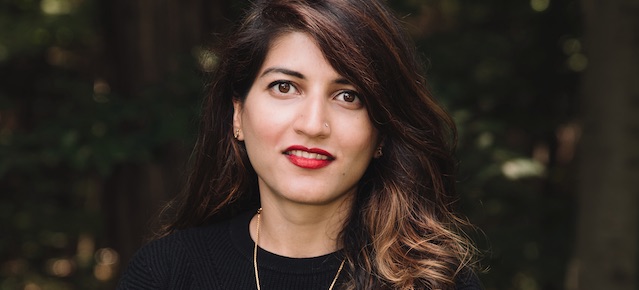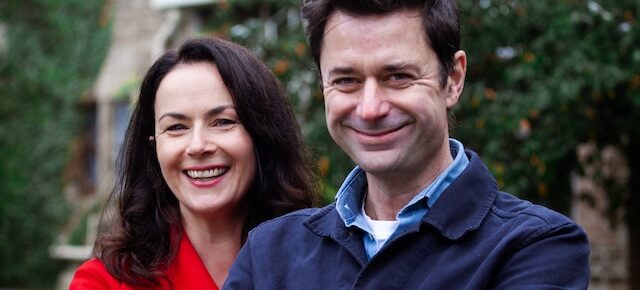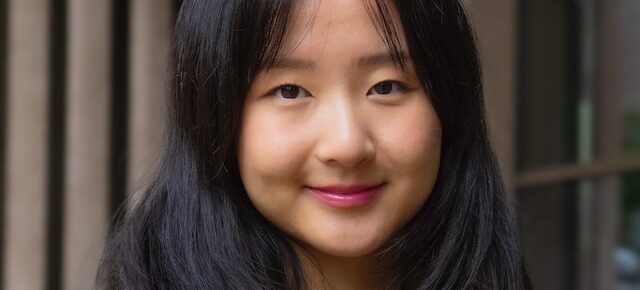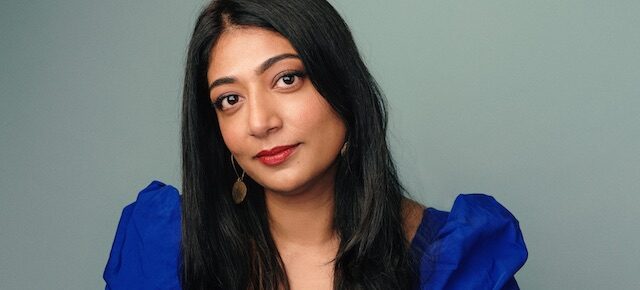
In April 1999, my flatmates had scattered on extended holidays to the far reaches of the world and I stayed behind in the rancid maisonette flat we shared in a Newcastle suburb. During the day, I rattled around in my dressing gown and kept the curtains closed, resisting the temptation to go outside into what...

Sunset at the Villa Thalia by Alexi Kaye Campbell. Dorfman/National Theatre “Decision time. Have you chosen hope or fear?” says one of the characters in Alexi Kaye Campbell’s brilliant new play. That character is a forty-something American known simply as ‘Harvey’ and played electrifyingly by Ben Miles. Harvard man extraordinaire, US State Department ‘floater’, man...
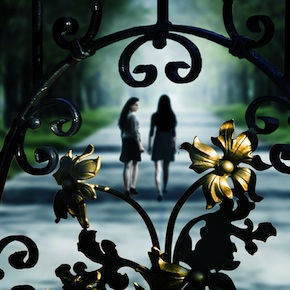
When I wrote my novel The Exclusives, a psychological thriller set in a boarding school, recollections of my own school days played some part in underpinning themes of the book. I was sent to a boarding school when I was thirteen. One of my overriding memories of the place is the school gates. They were...
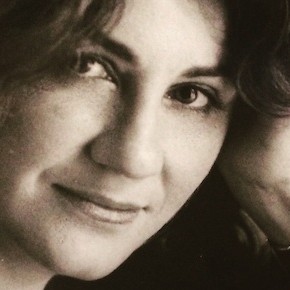
In Elena Lappin’s novel The Nose, her protagonist Natasha Kaplan, a young New Yorker in London editing an Anglo-Jewish magazine, discovers more than she’s bargained for when in the course of her new job she ends up uncovering secrets about her own family’s past. “I thought I had invented and imagined it all,” writes Lappin...
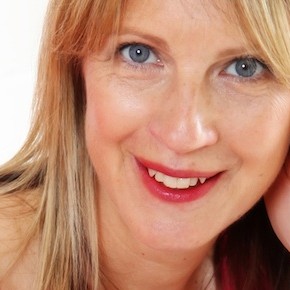
The Stopped Heart is Julie Myerson’s ninth novel (she has also written one novella and four works of non-fiction). It may just be her best book yet as it manages to be both a page-turning thriller and a serious exploration of how abuse works. If that sounds off-putting, it shouldn’t be – whilst her subject...
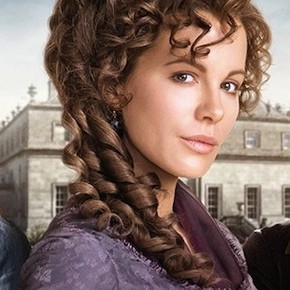
You’d be forgiven for not exactly jumping with joy at the news that yet another Jane Austen adaptation has hit the big screen. This year alone has seen the release of both Burr Steer’s irreverent and rather dubious Pride and Prejudice and Zombies and the publication of Curtis Sittenfeld’s contemporary reimagining of the original, Eligible....
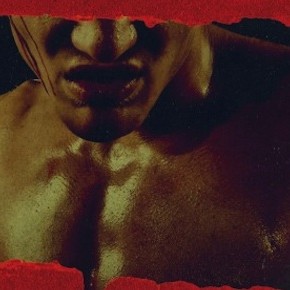
Early in his debut crime novel Clinch, Martin Holmén makes a play at our sympathy. Waiting for a business contact in the streets of 1930s Stockholm late one autumn evening, former boxer Harry Kvist spots a man beating a stray dog across the way. Kvist is quick to call the man out on his cruelty,...
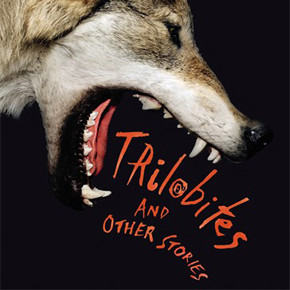
During Presidential election campaigns, the men and women who aspire to the White House pitch themselves as the Wizard of Oz (or are they Dorothy?) – who will lead all Americans to the Emerald City about which they dream – and the myth of America’s cultural identity as a land of opportunity and dreams shines...

The French have an unflinching predilection for narratives that penetrate the veils of the private, the personal, the intimate – the vital experience of the unsayable. With dogged perseverance they will read confessions, autobiographies and diaries of all kinds, monumental epistolary collections, and torrents of conscience worthy of many Niagara Falls. They are masters of...
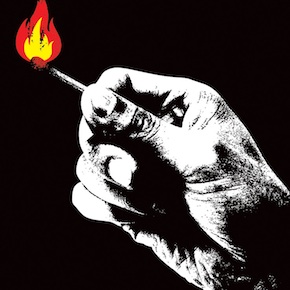
I decided to write The Mastermind for two reasons. After publishing four novels set during different periods of Guatemala’s history, I wanted to see if I could write a book that dealt with an incident grounded in my birthplace’s contemporary reality. Secondly I was intrigued by the internationally reported 2009 Rodrigo Rosenberg case in which...
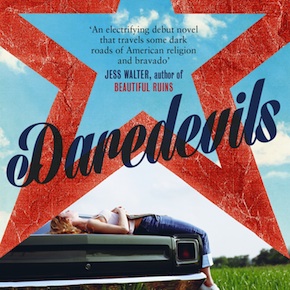
They leave the freeway and cut south through the desert. Soon the canyon comes into view, a great gray crack in the land. Crowds swarm on the far rim, and behind them a dome of trees cloisters a ranch house. The bulge of the launchpad stands at the far end of the crowd, a mound...
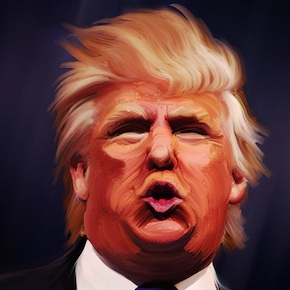
Americans love a confident scoundrel. We are willing – some large number of us are, anyway – to forgive myriad flaws, lies and crimes, so long as the offender is charismatic and self-assured. Perhaps this is true of people everywhere, but there is a particular strain of American rogue that populates the nation’s history to...
